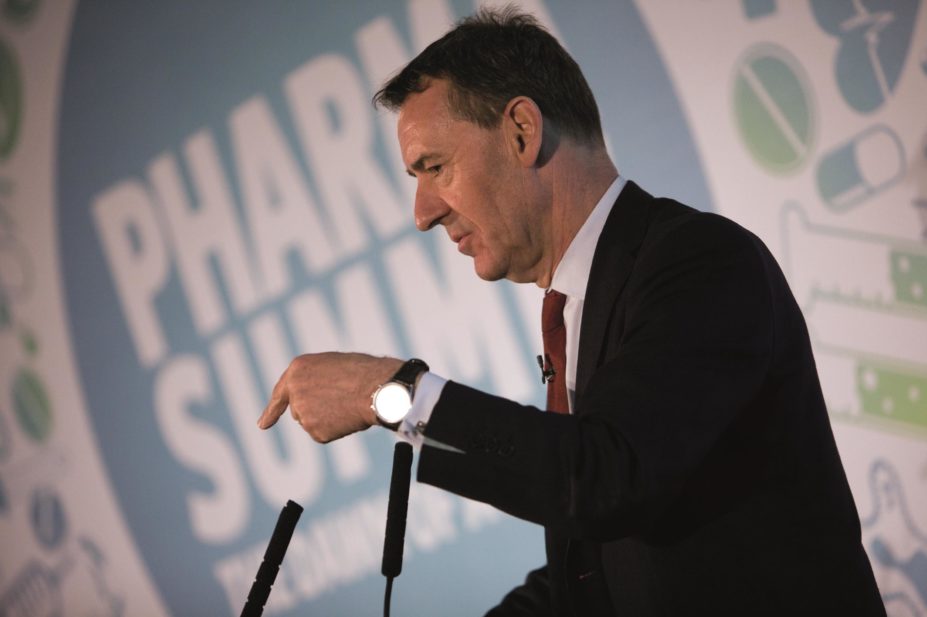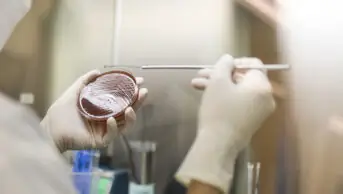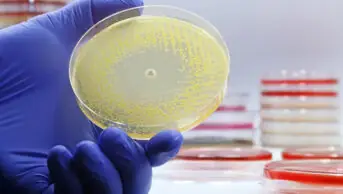
Pharma Summit / Economist Intelligence Unit
A worldwide innovation fund worth up to US$2bn could be set up to encourage the pharmaceutical industry to search for and develop new classes of antibiotics, the chair of the UK’s independent Review of Antimicrobial Resistance Jim O’Neill has indicated.
Speaking to an audience of pharmaceutical company executives attending the Pharma Summit, organised by the Economist Intelligence Unit, in London on 26 February 2015, O’Neill acknowledged that antibiotics research was an unattractive area for pharmaceutical companies because the drugs attracted low prices and any new class was likely to be reserved for use only when existing drugs had failed.
“How do we encourage you to want to produce more of something that you can’t sell at a high price and you can’t sell a lot of,” O’Neill asked. “It seems that the best thing to do is to look at the range of different support mechanisms or incentives that can be done for big pharma.”
O’Neill suggested that these incentives would include some form of global innovation fund, worth up to US$2bn, more details of which will be unveiled officially in May 2015. His guess of the necessary size of the fund was based on observations of specialist companies working in the area.
In December 2014, the Review of Antimicrobial Resistance published a paper saying that, unless antimicrobial resistance was addressed, “based on very conservative assumptions”, 10 million people per year would die by 2050 (including around 1 million per year in China and up to 2 million per year in India) and US$100.2tn wiped from the world’s economy.
“Seen in the context of US$100tn GDP costs in 35 years, [US$2bn] is kind of peanuts,” O’Neill said.
Manica Balasegaram, executive director of the Médecins Sans Frontières Access Campaign, said it would be important to engage low and middle income countries so that they have co-ownership through contribution to the fund. “Ownership is important because this is what promotes rational use, and rational access and fair access of these drugs,” he said.
O’Neill agreed. “Here is something that it going to hurt everybody, irrelevant of whether you are rich, poor, black, white, Sunni, Shiite, so it does require collective buy-in, including ownership and leadership from these countries,” he said.
“Next year China is going to be the host of the G20 and I am trying to encourage them to think about putting this on the G20 table as their initiative,” he said.


